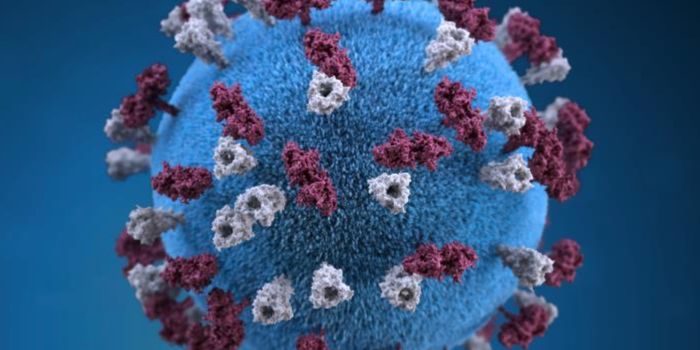What Romania Taught Us About Child Neglect
Neglect in childhood can have devastating and long-lasting consequences. In the 1970s, after birth control and abortion were outlawed in an effort to grow the population in Romania, there were more than 100,000 children abandoned in orphanages and institutions. In 1989 Nicolae Ceaușescu was overthrown and executed and the plight of these children was revealed to the world. Severe malnutrition, a lack of basic facilities and sanitation, and little to no social interaction had taken its toll on the children. Brain development is dependent on proper care and when that is missing, the effects are truly horrific in the cases of some of these children.
When children from Romania began coming home to more stable families in other countries, the damage could clearly be seen. But much was learned about children heal from early trauma and deprivation. One study, the English and Romanian Adoptee Study followed children adopted from Romania by residents of the UK. These children were compared to adoptees who were born and raised in the UK. That and other studies found that the earlier adopted children came home to their forever families, the quicker they caught up. Children who were institutionalized for longer periods had more difficulty, some of them lifelong. While heart-wrenching, the plight of these children did provide invaluable information on child development that might never have been discovered.








